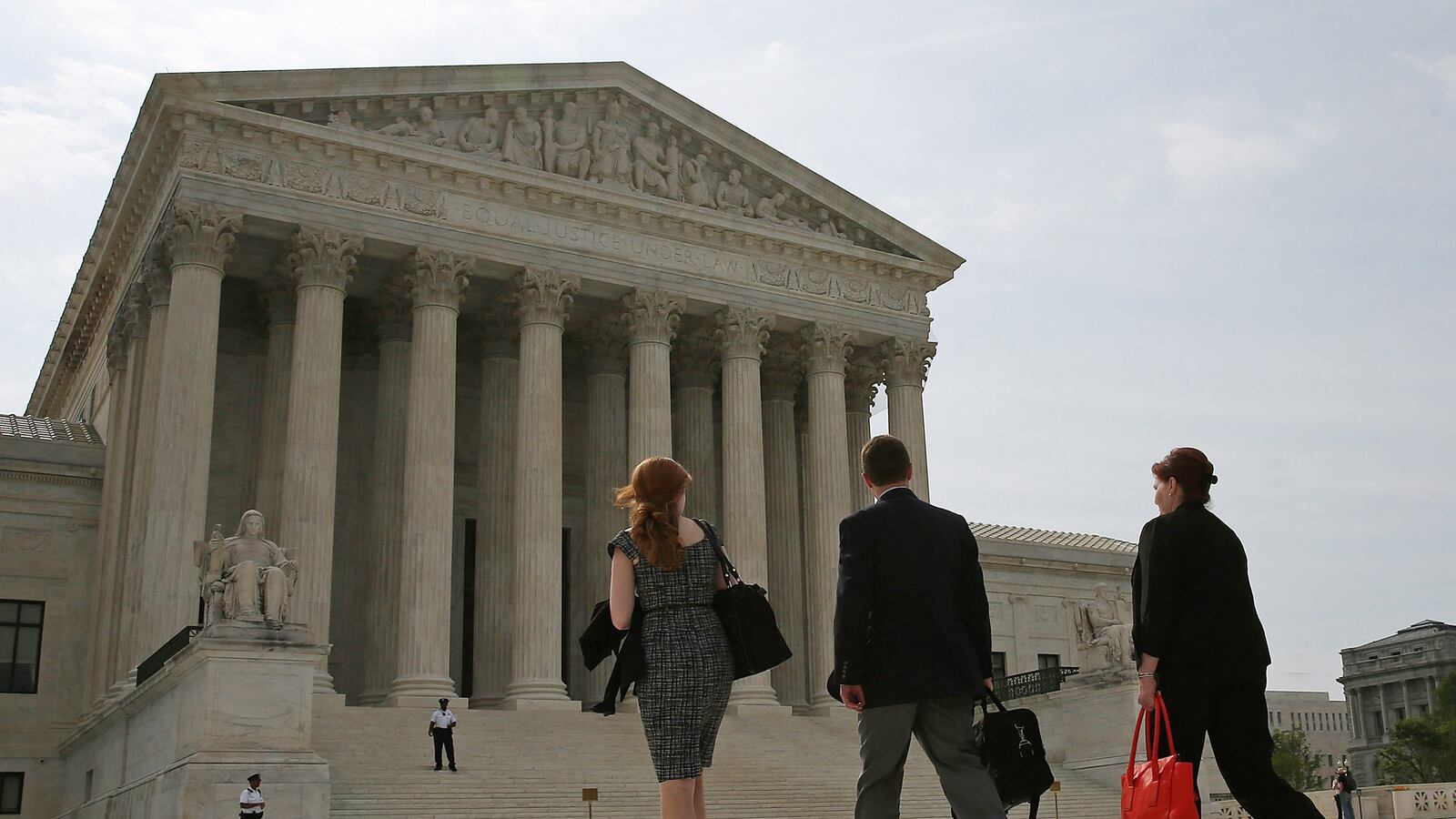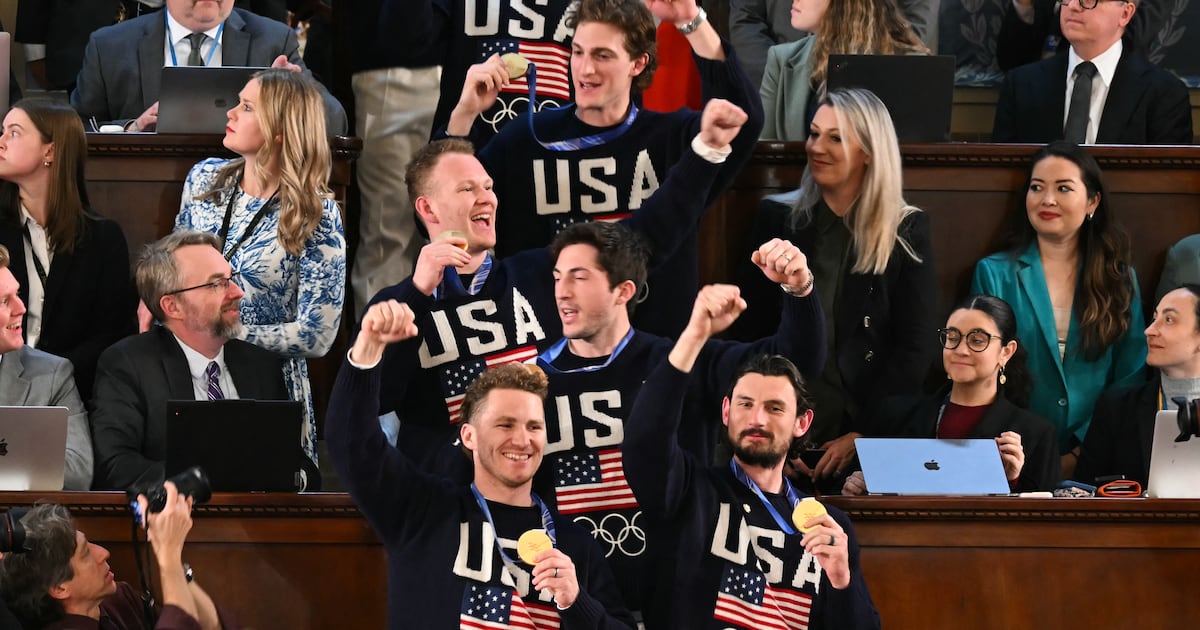Hobby Lobby won its battle against contraception at the Supreme Court on Monday, marking the first time the country's highest court held that a for-profit company can hold religious views and have them protected under federal law. In a 5-4 decision, the court ruled that a small set of privately owned corporations are not required to provide contraception coverage for employees. Hobby Lobby sued the federal government, claiming the Affordable Care Act’s contraception mandate for employer-provided insurance violated its religious beliefs and First Amendment rights.
"It's the first time that our court has said that a closely held corporation has the rights of a person when it comes to religious freedom," Hillary Clinton said in response to the decision. "I find it deeply disturbing that we are going in that direction."
The court ruled that the Religious Freedom Restoration Act (RFRA) allows for family-owned and closely held for-profit companies to enjoy the same exemptions as nonprofits for contraception objectors. The five conservatives who sided with Hobby Lobby qualified their opinion, though, making clear that the decision only applies to the contraception mandate. Authoring the majority opinion, Justice Samuel Alito said “Our decision should not be understood to hold that an insurance-coverage mandate must necessarily fall if it conflicts with an employer’s religious beliefs.” Other insurance mandates, like blood transfusions or vaccinations, may still proceed. The court also stressed that the ruling does not protect employers from engaging in illegal discrimination under the pretense of religious faith.
Birth-control coverage is one of the preventative services mandated to be free to employees under Obamacare. To maintain this regulation, Alito said there were two options. One, the federal government could pay for contraceptive services directly. Or two, as is the case with nonprofit, religious-oriented groups, employers could notify the government of their objections and shift the burden of coverage to third-party administrators or insurers.
In her dissent, Justice Ruth Bader Ginsburg denounced the ruling, saying “it discounts the disadvantages religion-based opt-outs impose on others, in particular, employees who do not share their employer’s religious beliefs.”





